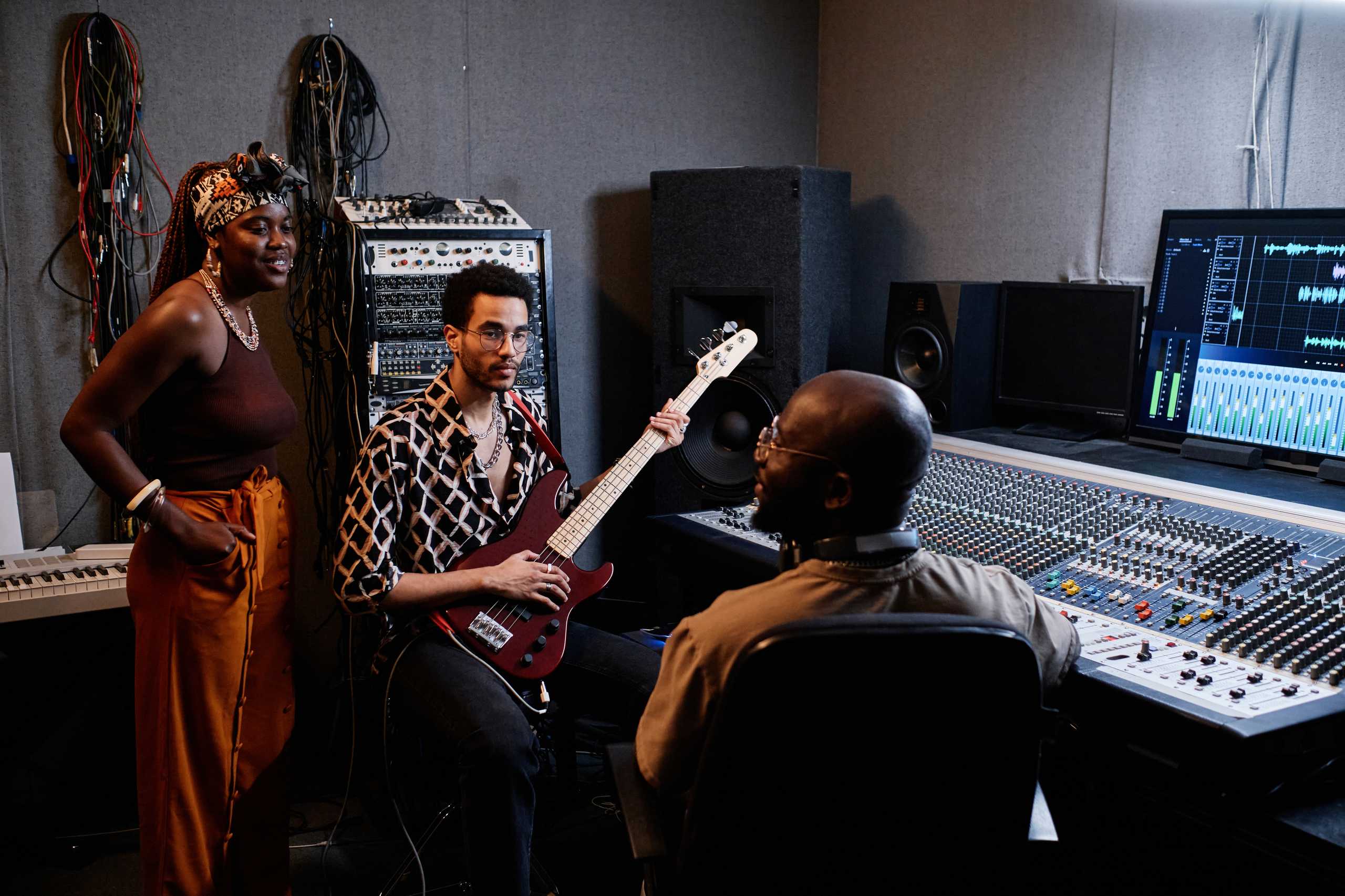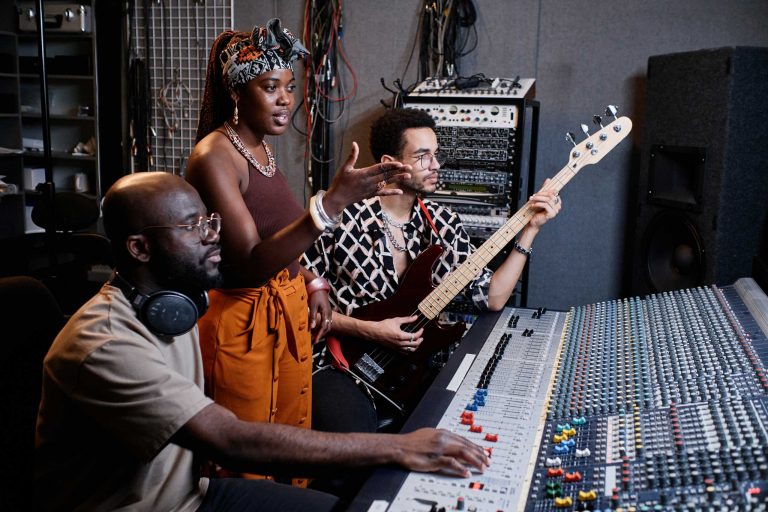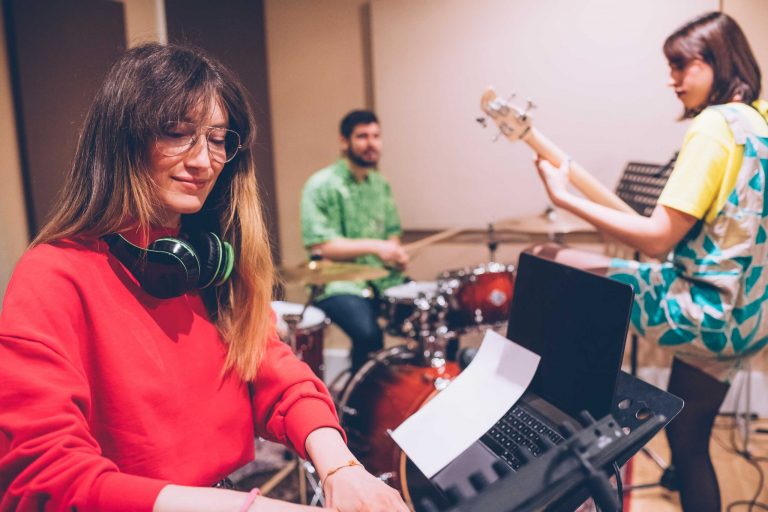Many aspiring musicians dread music theory. Terms like “scales,” “chords,” and “harmonies” can feel intimidating or overly complicated.
But here’s the truth: music theory isn’t a puzzle to solve — it’s a language to learn. And once you understand its basics, it becomes a powerful tool that unlocks creativity and confidence.
Why Music Theory Matters
Think of music theory as the blueprint of sound. It explains why certain notes work well together and how different musical ideas fit into a composition.
Without it, you might play notes blindly, relying on memory or guesswork. Theory gives you a deeper understanding, allowing you to:
- Improvise with freedom
- Compose your own songs
- Communicate with other musicians
Knowing theory empowers you to go beyond repetition and truly create.
Start with the Fundamentals
It’s best to begin with simple building blocks:
- Learn the musical alphabet (the names of notes)
- Understand rhythm and timing
- Explore basic scales and intervals
Breaking theory down into manageable pieces makes it less overwhelming. You can master one concept at a time, building confidence along the way.
Use Practical Examples
Theory isn’t just abstract rules. It comes alive when applied to music you love.
Try analyzing your favorite songs to see how chords and scales are used. Experiment by playing along or creating small variations.
This hands-on approach connects theory to real sound, making it easier and more enjoyable to learn.
Avoid Overloading Yourself
It’s tempting to dive deep and learn everything at once. But too much information can cause confusion and frustration.
Focus on concepts that relate directly to your instrument or musical goals. Take breaks and revisit ideas when you’re ready.
Remember, learning theory is a marathon, not a sprint.
Get Support and Resources
Working with a teacher or joining a course like those at Music Lab Workshop helps break down complex ideas.
Access to clear explanations, practice exercises, and feedback accelerates your understanding.
Plus, learning with others keeps you motivated and engaged.
The Reward: More Freedom and Creativity
Once you grasp music theory basics, you’ll notice a shift. You’re no longer limited by what you remember — you create with intention.
Improvisation becomes less intimidating, songwriting more fluid, and collaboration richer.
Music theory turns into a powerful ally on your musical journey, not a hurdle.
Ready to demystify music theory and unlock your creativity? Join Music Lab Workshop and take the next step toward musical mastery.




